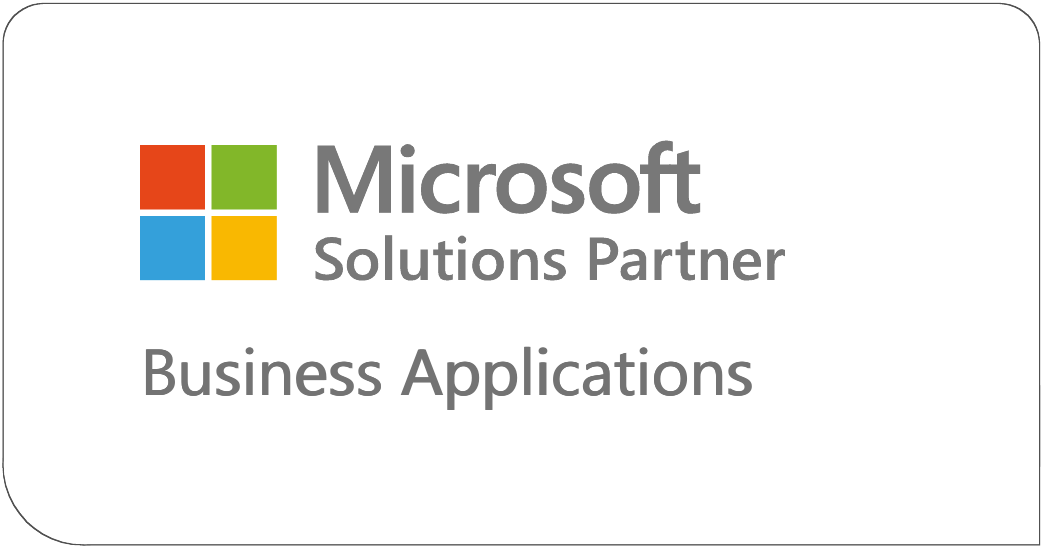| Faizan Ahmed
Plugin execution vs Azure function execution in dynamics 365

In Dynamics 365, a plugin is a piece of code that can be used to extend the functionality of the platform. Plugins are typically used to perform custom actions or business logic when specific events occur in the system, such as when a record is created or updated.
Plugins are created using .NET and are registered with Dynamics 365 using the Plugin Registration tool. Once a plugin is registered, it can be triggered by specific events in the system and execute custom code in response.
On the other side, Azure Functions is a serverless computing platform that allows you to run code in response to specific triggers, such as the creation of a new record or the expiration of a timer. Azure Functions can be used to automate tasks and processes within Dynamics 365, such as integrating with other applications or services, responding to events or notifications, or triggering automated processes.
There are some key differences between plugin execution and Azure function execution in Dynamics 365:
- Development: Plugins are created using .NET and are registered with Dynamics 365 using the Plugin Registration tool. Azure Functions are created using a variety of programming languages and are deployed to the Azure Functions platform.
- Triggers: Plugins are triggered by specific events in Dynamics 365, such as the creation or update of a record. Azure Functions can be triggered by a wide range of events, including the creation of new records, the expiration of a timer, or the receipt of an HTTP request.
- Execution: Plugins are executed within the context of Dynamics 365, which means that they can access and modify data within the system. Azure Functions are executed within the context of the Azure Functions platform, which means that they can access and modify data within the platform, but may require additional integration to access or modify data within Dynamics 365.
All in all, both plugins and Azure Functions can be used to automate tasks and processes within Dynamics 365. However, they have different development and execution environments, and are triggered by different types of events.
Join us next time, as we continue our journey of learning canvas apps.Click here to learn more about Imperium's Power Apps Services. We hope this information was useful, and we look forward to sharing more insights into the Power Platform world.

